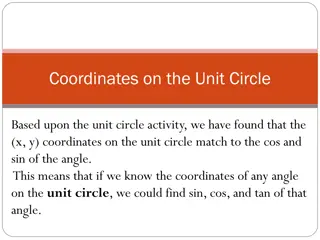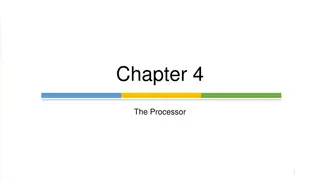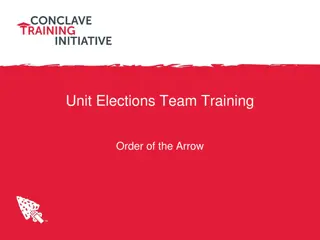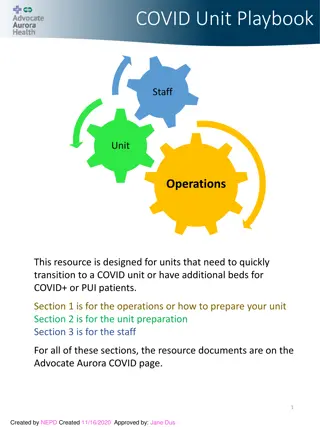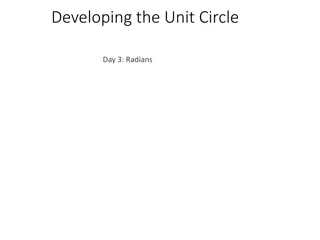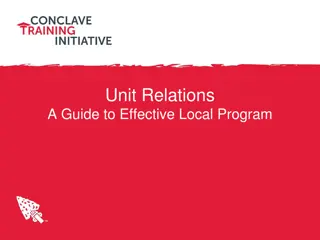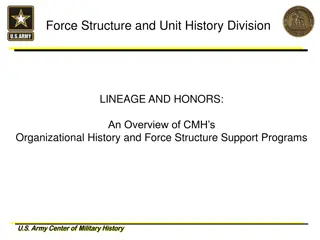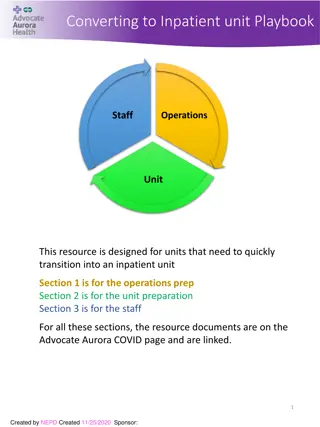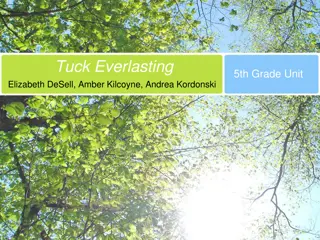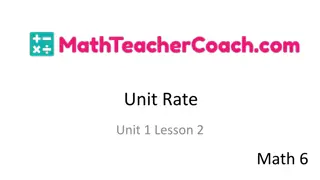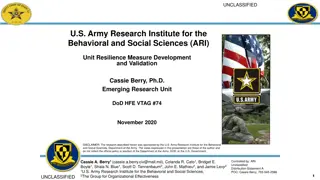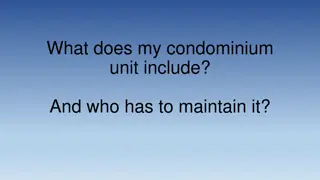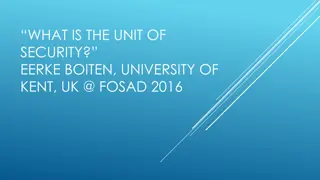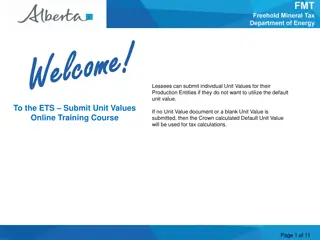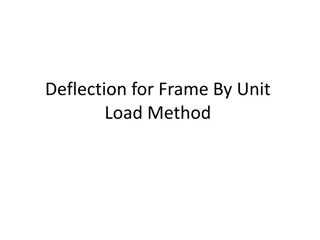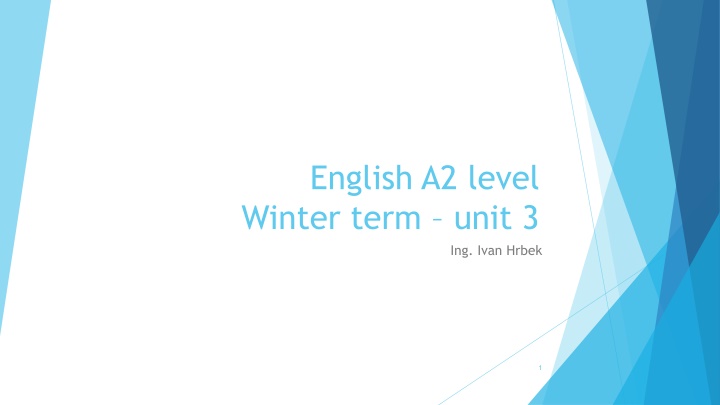
Past Simple Grammar Rules - Unit 3 Winter Term
Explore the use and form of the past simple tense in Unit 3 of the English A2 Level Winter Term with detailed explanations, examples, and verb conjugations for regular and irregular verbs. Learn how to use "did" for negations and questions in past simple sentences.
Download Presentation

Please find below an Image/Link to download the presentation.
The content on the website is provided AS IS for your information and personal use only. It may not be sold, licensed, or shared on other websites without obtaining consent from the author. If you encounter any issues during the download, it is possible that the publisher has removed the file from their server.
You are allowed to download the files provided on this website for personal or commercial use, subject to the condition that they are used lawfully. All files are the property of their respective owners.
The content on the website is provided AS IS for your information and personal use only. It may not be sold, licensed, or shared on other websites without obtaining consent from the author.
E N D
Presentation Transcript
English A2 level Winter term unit 3 Ing. Ivan Hrbek 1
Programme Unit 3 Past simple use + form 2
Unit 3 - Past simple part 1 page 21, grammar 166 Minul as prost pou v me, kdy hovo me o ukon en innosti i situaci v minulosti p esn asov ur en i vymezen (tzv. ur it minulost). B n se pou v p ivypr v n . Minul as prost (past simple): be Kladn v ty: I / she / he / it was; You / we / they were; Z portvo me pomoc not: Pln tvary: I / she / he / it was not; You / we / they were not Sta en tvary: I / she / he / it wasn t; You / we / they weren t 3
Unit 3 - Past simple part 2 page 21, grammar 166 Ot zku tvo mezm nou slovosledu stejn jako u p tomn ho asu: Was I / she / he / it ? Were you / we / they? Kr tk odpov di: Was Lucy at school? - Yes, she was. Were Tony and Martin in the office? No, they weren t. 4
Unit 3 - Past simple part 3 page 21, grammar 166 Minul as prost pravideln a nepravideln slovesa (past simple regular and irregular verbs) u pravideln ch sloves p idejte k infinitivu ed (tvorba na dal stran ) I / you / we / they worked. Minul asy nepravideln ch sloves = tzv. 2. tvar (druh sloupec) viz Lifestyle: str. 176. POZOR! V u ebnici je chyba: sloveso Hold m v minul m ase HELD, p est minul (past participle) m stejn tvar HELD (nikoli hold, jak m te v u ebnici). They left at ten. T et osoba jednotn ho sla m stejn tvary: He / she / it worked. She left at ten. 5
Unit 3 - Past simple part 1 page 21, grammar 166 Z por tvo me pomoc did not (didn t) a infinitivu v znamov ho slovesa: I / you / he / she / it / we / they didn t work.Nikoli: didn t worked The train didn t leave on time. Nikoli: didn t left Ot zku tvo me pomoc did a infinitivu v znamov ho slovesa: Did I / you / he / she / it/ we / they work? When did you leave? Kr tk odpov di: V kr tk odpov dipou ijemep slu n osobn z jmeno a pomocn did v kladn ch v t ch, didn t v z porn ch v t ch (op tnepou v me v znamov sloveso): Did Tereza and Lenka teach English? Yes, they did. Nikoli: Yes, they taught. Did Ivan study Arabic last year? No, he didn t. Nikoli: No, he didn t study. 6
Unit 3 - Past simple part 4 Pravidla pravopisu pro minul as pravideln ch sloves: V t ina sloves p ib r koncovku -ed: work worked, watch watched. Slovesa zakon en e p ib raj pouze d: live lived, love loved, dance danced. U jednoslabi n ch sloves kon c ch jednou samohl skou + souhl skou se koncov souhl ska zdvojuje: stop stopped, rob robbed. !POZOR! koncov -x nebo w nezdvojuje: fix fixed, chew chewed. U dvouslabi n ch sloves kon c ch jednou samohl skou + souhl skou s p zvukem na posledn slabice se koncov souhl ska zdvojuje: prefer preferred. !POZOR! je-li p zvuk na prvn slabice, koncov souhl ska se nezdvojuje: happen happened, listen listened. Pravidla pro zdvojov n koncov ch souhl sek jsou stejn jako u p tomn ho asu prost ho. Dvouslabi n slovesa kon c jednou samohl skou + -L, L v britsk angli tin zdvojujeme bez ohledu na p zvuk: travel travelled, cancel cancelled. Slovesa zakon en na y (stejn pravidla jako u 3. osoby jednotn ho sla p tomn ho asu) n sleduje-li y po samohl sce, sloveso pouze p ib r ed: play played, stay stayed. n sleduje-li y po souhl sce, -y se m n na ied (zm k uje): cry cried, study studied, try tried, carry carried. Pravidla pro zdm k ov j sou stejn jako u 3. osoby jednotn ho sla p tomn ho asu prost ho. 7

